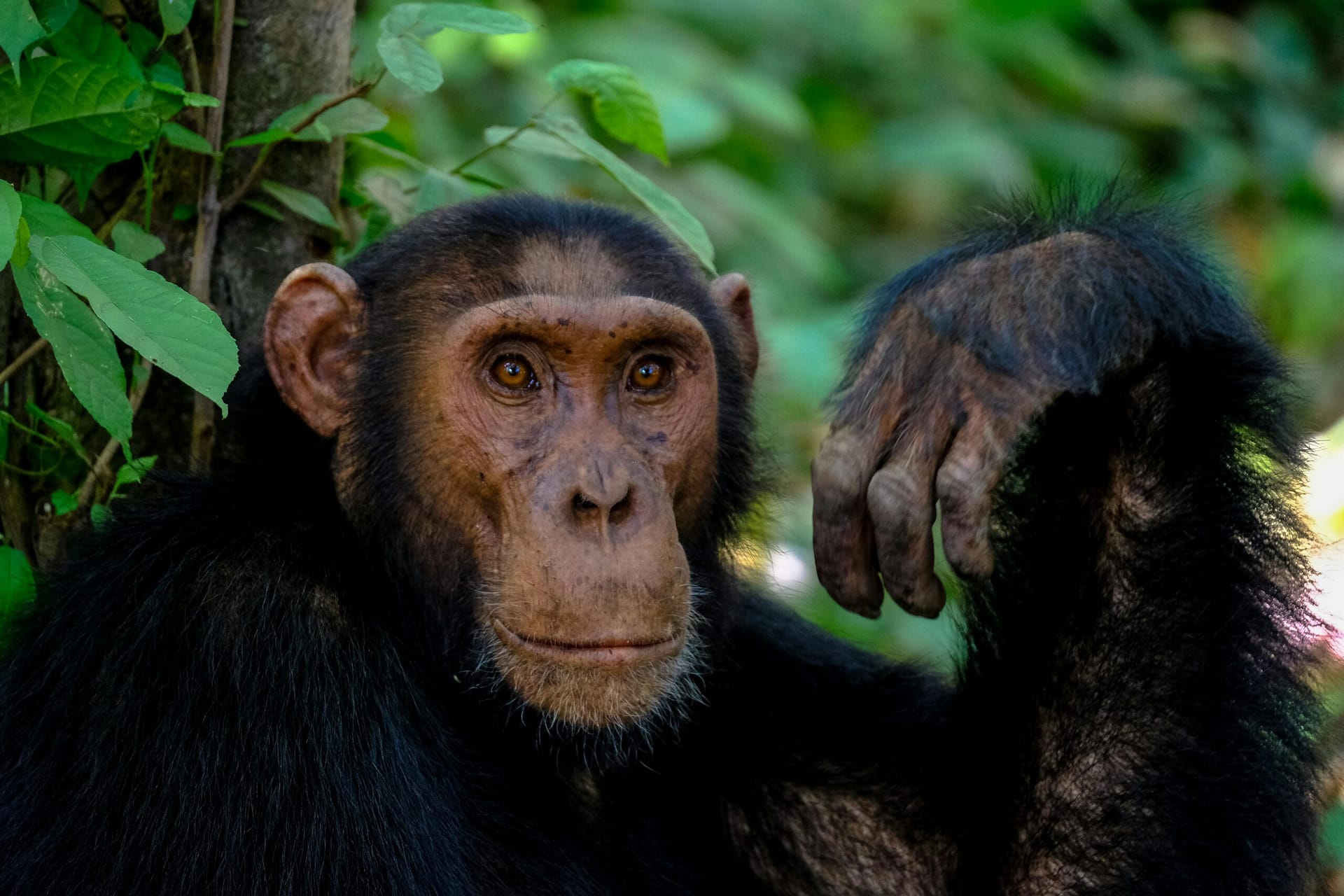The Hundredth Monkey
By Richard McMaster
In the past 3,400 years, only 268 have been without war. Wars are fought by the few for economic, religious, and political reasons or more fundamentally power and wealth each time with more sophisticated and powerful weapons. The world is upside down. How can we break the cycle of building bigger and more destructive weapons controlled by wealthy politicians and generals who play chess with human pawns, invade countries, and claim victory? After each checkmate, a new game is played. What will lead the shift away from the power of the elite and the culture of action-filled blood and guts entertainment, and violent games that inoculate our youth against reality—Star Wars, the movie, opens up with the destruction of a planet of over a billion moms, dads and children.
Biologist, Lyall Watson in his book, Lifetide, relates a story about Japanese monkeys, Macaca fuscata, on the island of Kosima. When researchers began to feed the monkeys by scattering sweet potatoes on the beach, they would not eat them. It was not the taste of the sweet potatoes but that they were covered with sand and grit. Until an eighteen-year-old female, who might be considered the genius monkey, washed the sweet potatoes in the salty brine did they become edible. She then taught the trick to others and they all began to eat the sweet potatoes. After a while a critical mass was reached and all the monkeys began to wash the sweet potatoes and eat them—the hundredth monkey. So, what? Monkey see and monkey do, right? But that’s not the story of the hundredth monkey. Soon researchers observed on other islands and even mainland Takasakiyama that suddenly and spontaneously all monkeys began practicing the same potatoes washing technique.
A serious pursuit of quantum physicists is underway to answer questions about the existence of consciousness outside of our physical brains and the ability of species to communicate in a way called morphic resonance. Morphic resonance hypothesizes that the habits and behaviors of a species build up and affect the behavior of other members of a species by way of morphogenic fields much like the magmatism in magnets that when broken in half the north and south fields of polarity realign in the broken parts.
Who will become the 100th monkey and save humanity?

